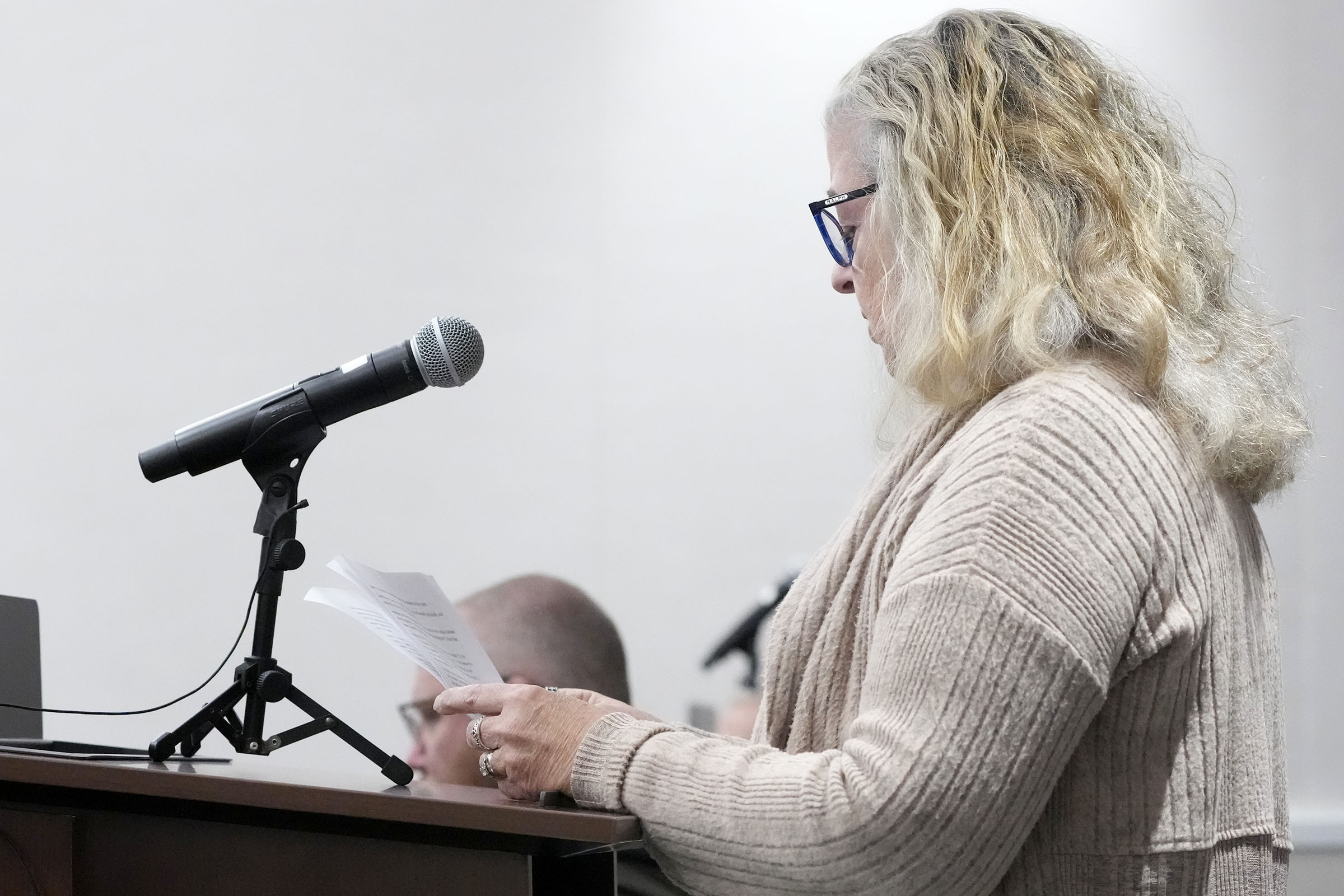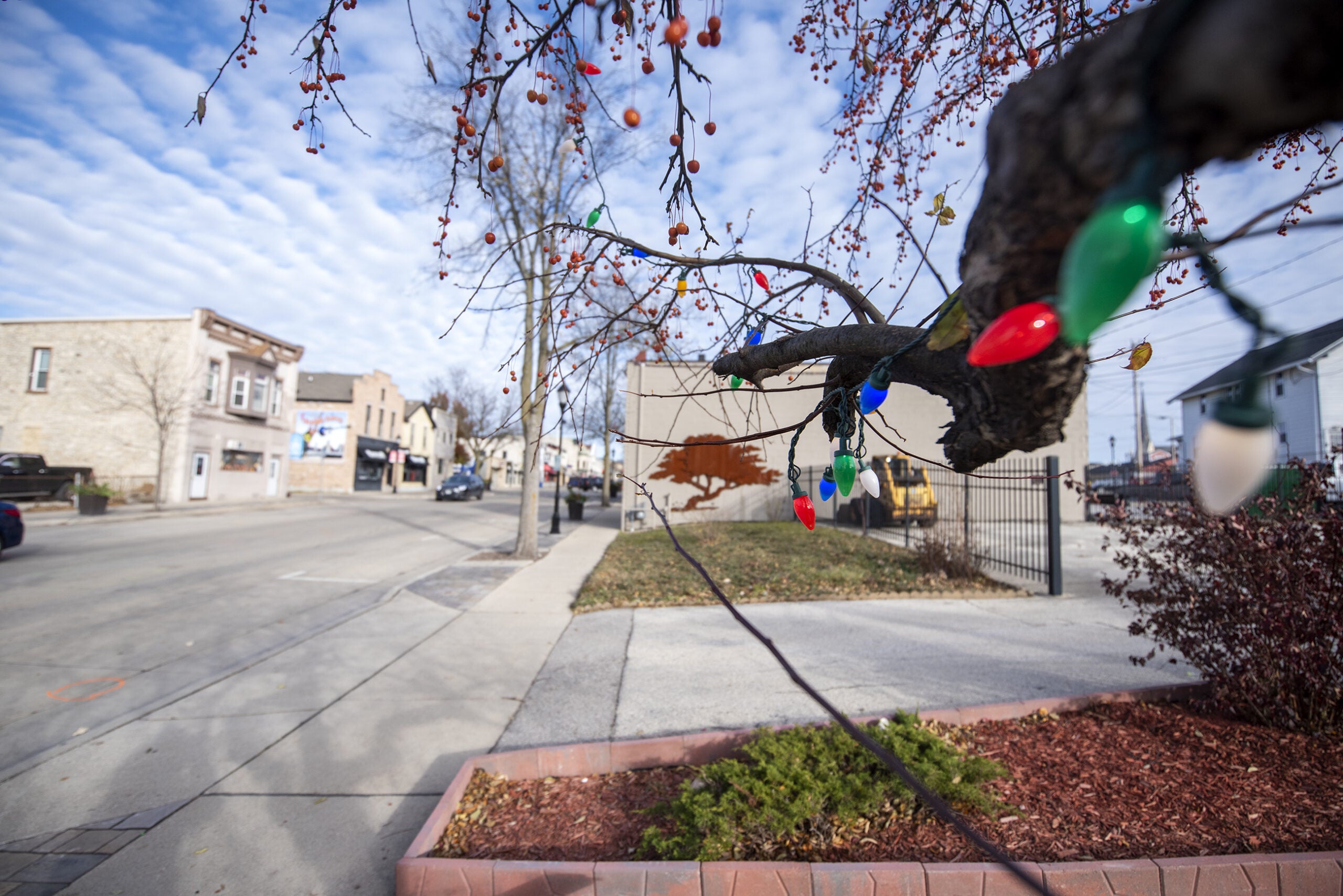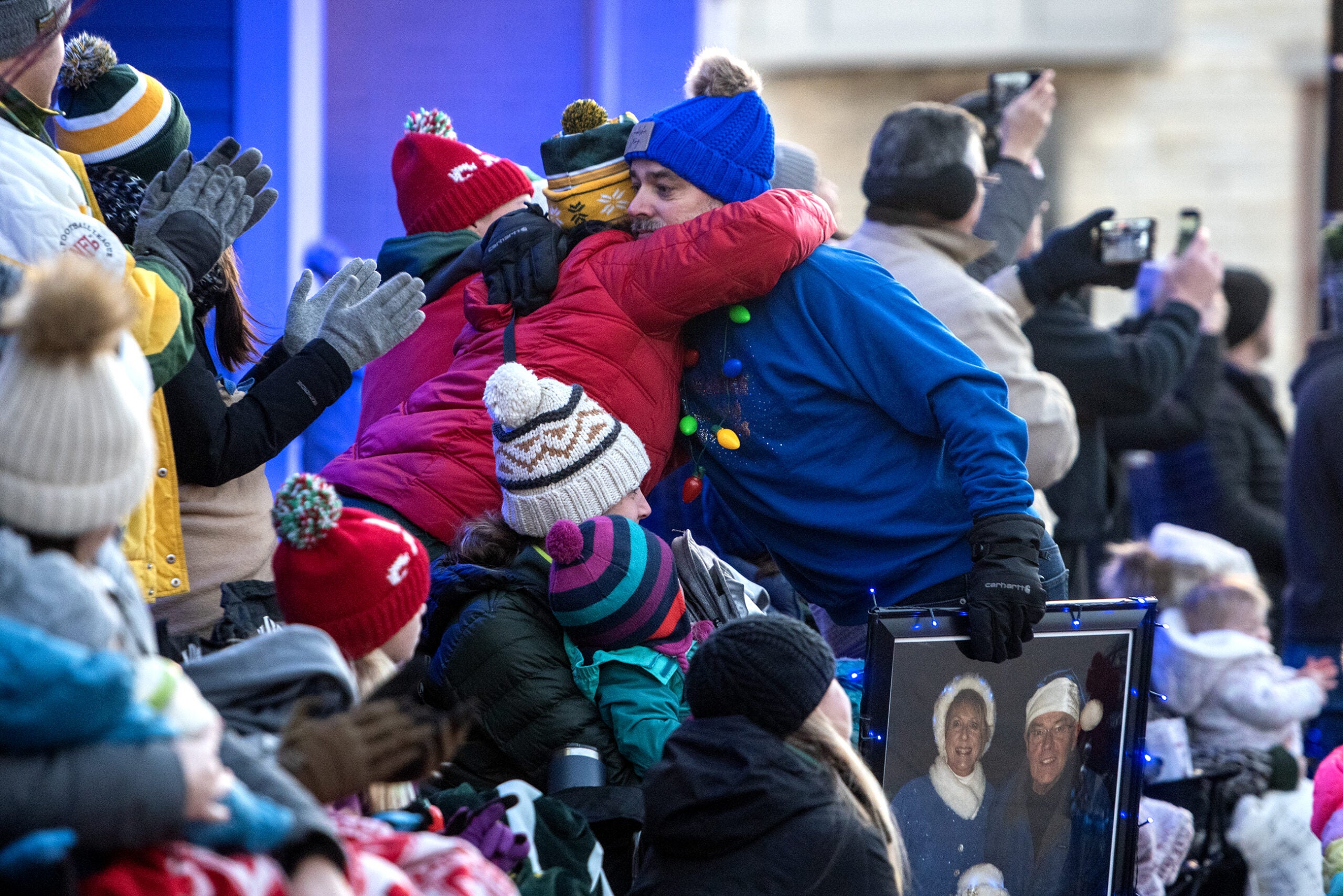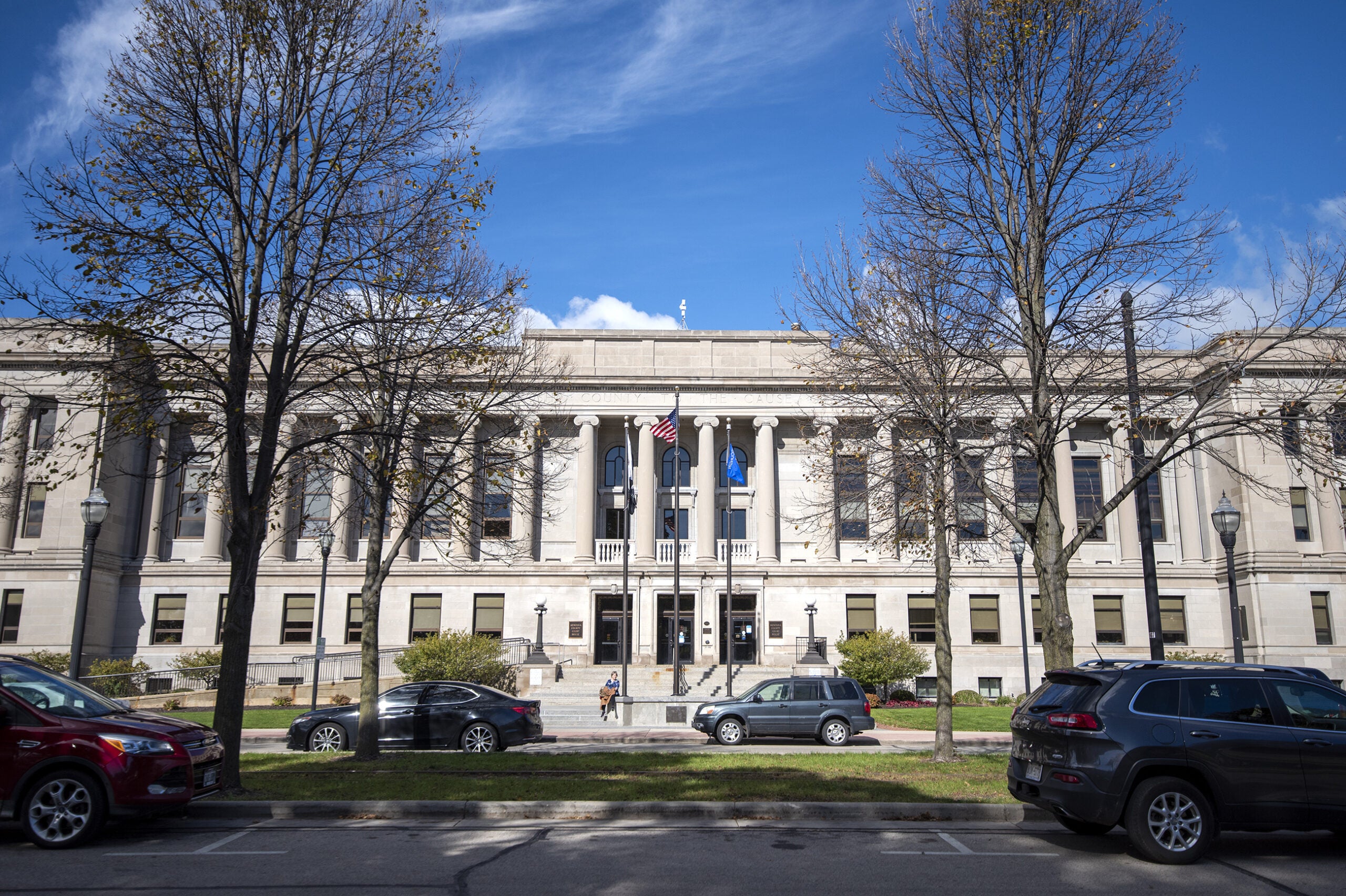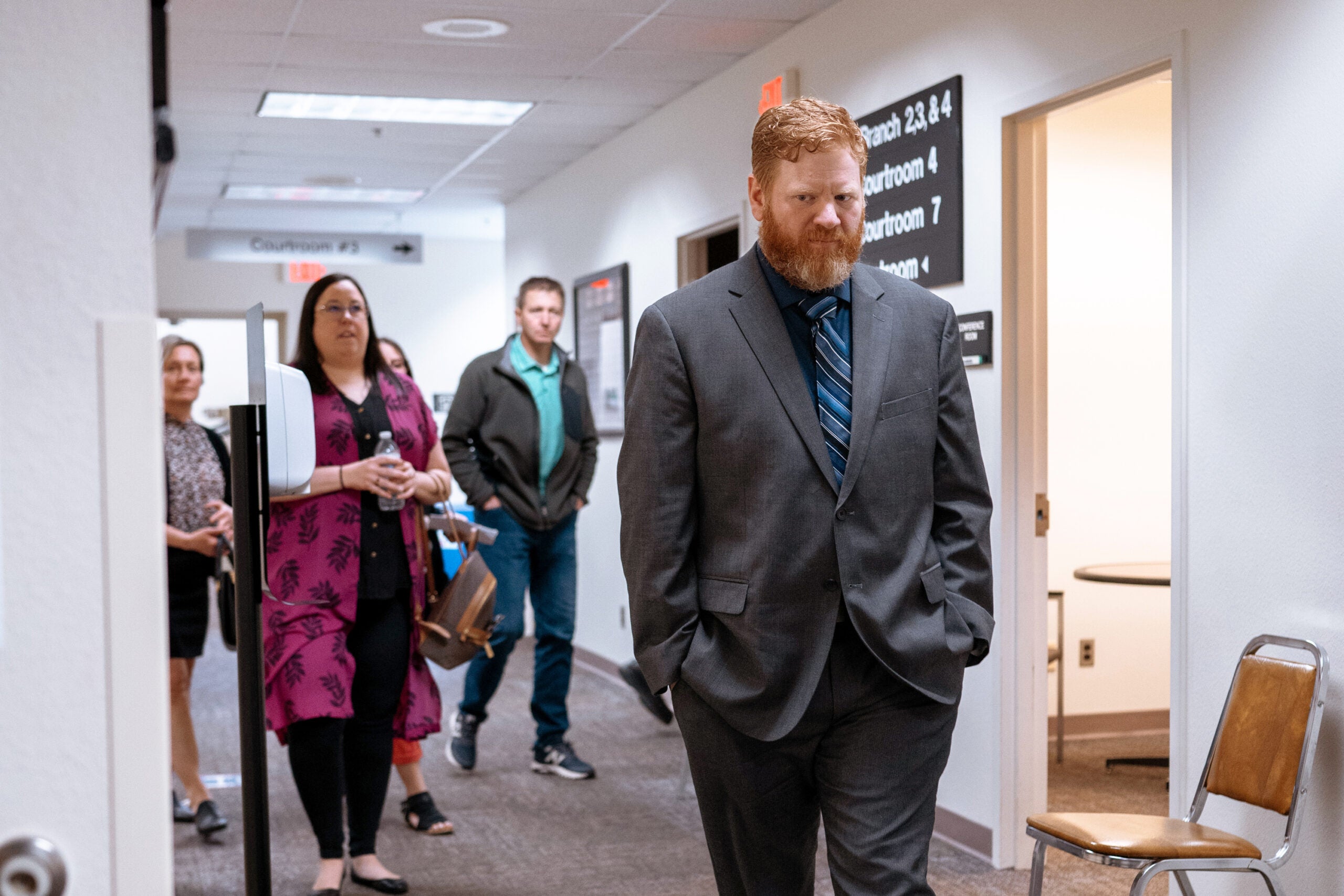One by one, victims from the Waukesha Christmas Parade tragedy took the stand Tuesday to talk about the impact of Darrell Brooks Jr.’s actions on their lives.
Brooks, 40, was convicted at trial last month of six counts of first-degree intentional homicide and 70 additional charges for plowing his SUV through the route of the crowded parade last year. Six people were killed and dozens of others injured, The wider community was shaken by an event that shattered residents’ sense of safety.
At trial, Brooks represented himself without the help of a lawyer, and his often chaotic behavior was the center of attention.
News with a little more humanity
WPR’s “Wisconsin Today” newsletter keeps you connected to the state you love without feeling overwhelmed. No paywall. No agenda. No corporate filter.
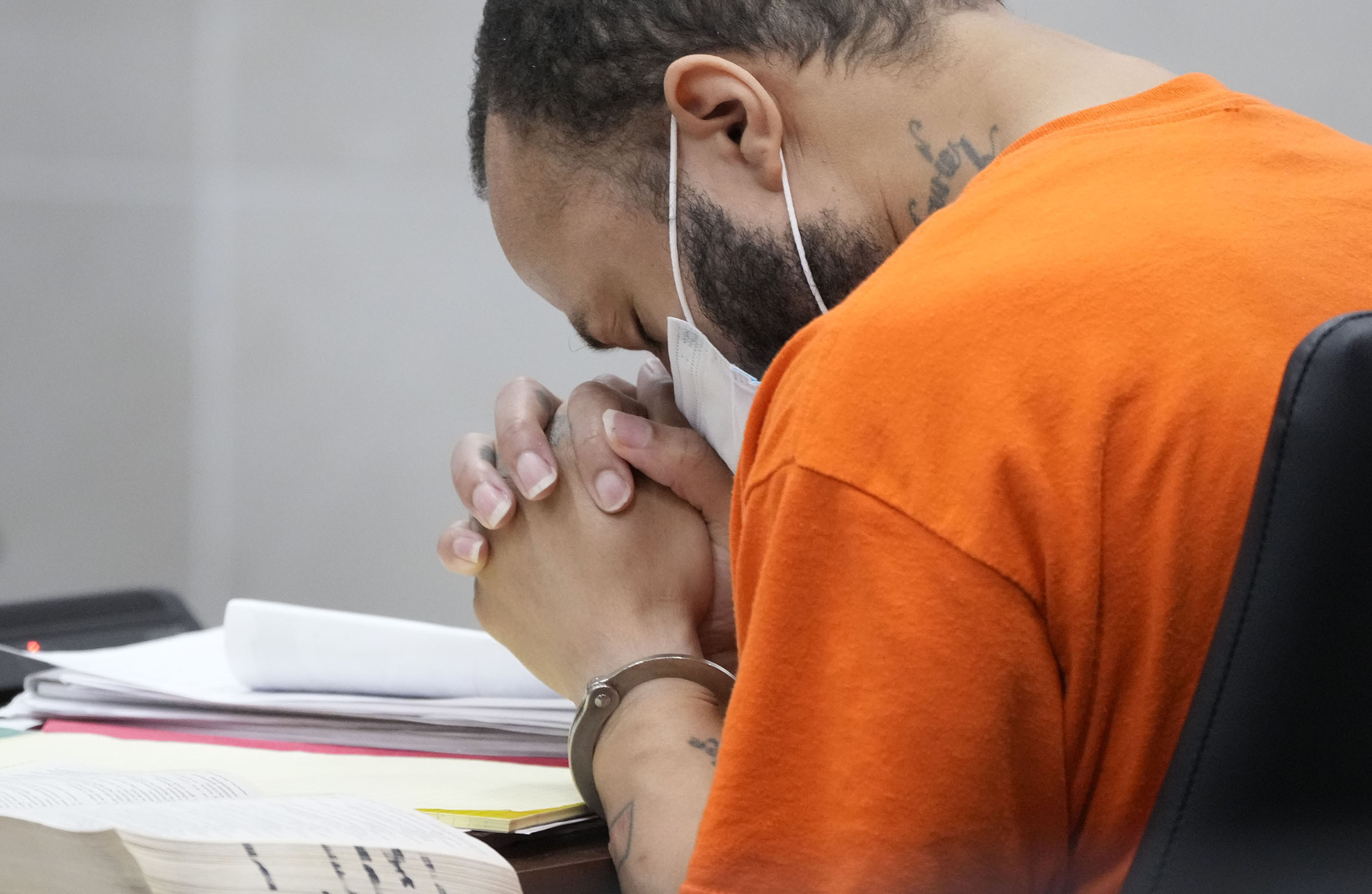
On the first of what is planned to be a two-day sentencing hearing, Brooks was uncharacteristically quiet as he sat in the courtroom, a Bible open on the table in front of him. But he appeared to remain unrepentant as he sometimes rolled his eyes, chuckled, or shook his head as victims came to the witness stand to address the court, and, sometimes, to speak directly to him.
Those that spoke included children who were struck by Brooks when he drove through the parade route, elderly members of a Catholic organization who spoke about their faith, parents describing the terror of searching for their children among the injured. The statements from witnesses went on for hours, beginning just after 8:30 a.m. and stretching on until 5 p.m., dozens of people recounting their experiences, their fear, the pain of their injuries, and the faith, family and strength they called on for recovery.
They included a mother who found her young son unhurt after first coming across a friend he had been marching with unconscious in the road, an experience so traumatizing that she is terrified crossing parking lots and has been unable to return to her career as an educator.
And they included mother of 8-year-old Jackson Sparks, the only child among the six people killed.
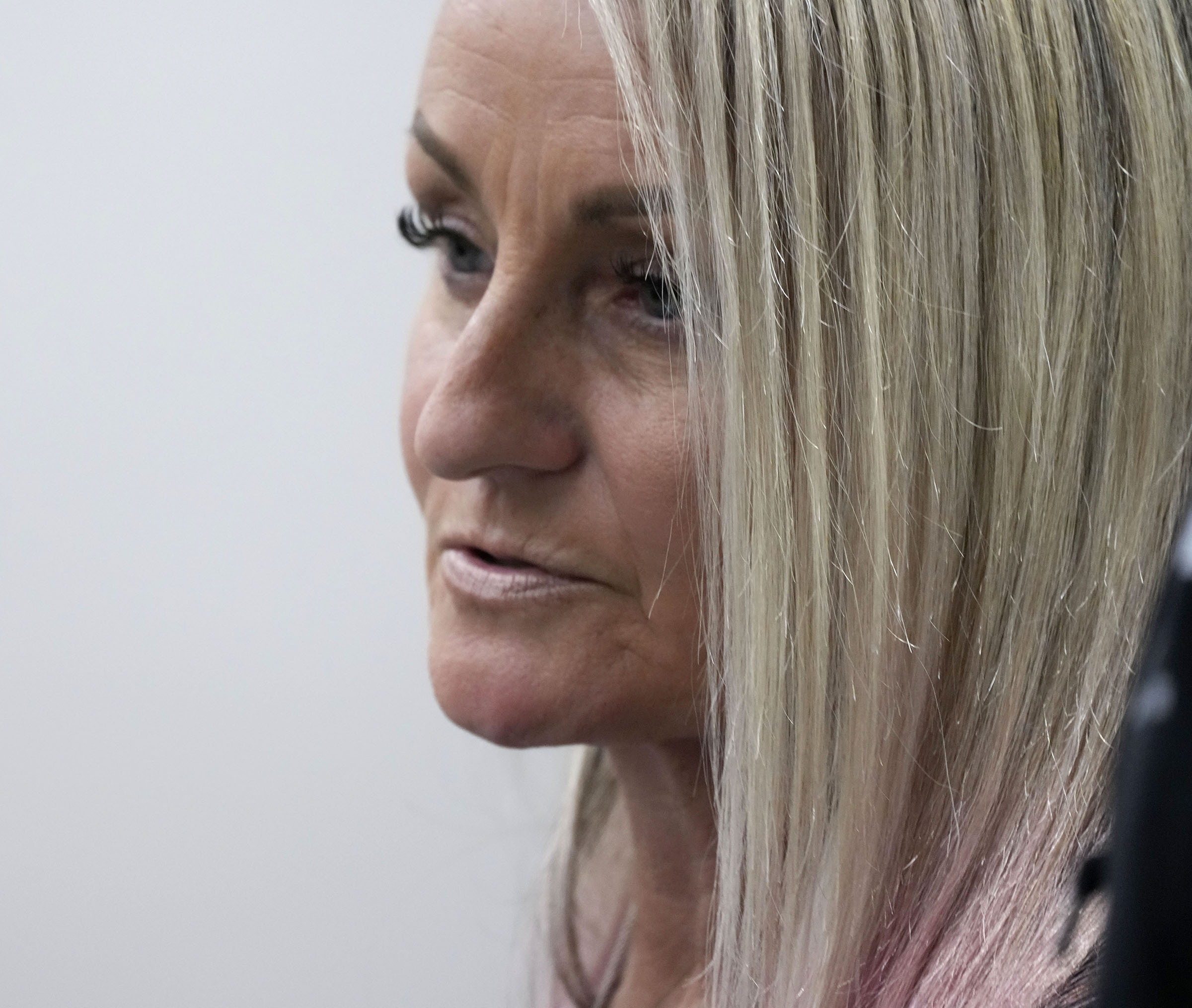
Sheri Sparks described running through the crowd looking for her two sons. She first saw Jackson in the arms of a police officer who was carrying him to treatment, her husband was running behind them saying their second son had also been struck. She said she searched through the route for her second son, Tucker, finding him by following a trail of her children’s belongings — a shoe, a hat — before finding 12-year-old Tucker semi-conscious under a blanket in the road.
She described being with her two sons as they were in the intensive care unit, doors away from each other, both being treated for traumatic head injuries.
“Do you have any idea how gut-wrenching it is to have to explain to your 12-year-old son that his little brother is not going to make it, his injuries were too extensive for his little body to come back from, and that he won’t be coming home with us ever again?” she said.
Sparks said her surviving son still struggles with the physical effects of his brain injury and with the emotional trauma of losing his brother. She is struggling too, she said.
“We came so close to losing them both that day,” Sparks said. “I miss Jackson every second of every single day. I feel gutted and broken. It hurts to breathe sometimes. It hurts to live without him here. My mama’s soul aches for him. I am emotionally and mentally exhausted. The pain I carry with me every day feels so heavy, yet I have to push forward and still be here to help Tucker heal.”
She — like the others who spoke — remarked on the lack of remorse Brooks showed throughout his trial. And she asked that Brooks be sentenced to prison “for the rest of our lifetimes, and for the rest of Tucker’s lifetime.”
Many of those who spoke talked about the ongoing emotional impact of the event.
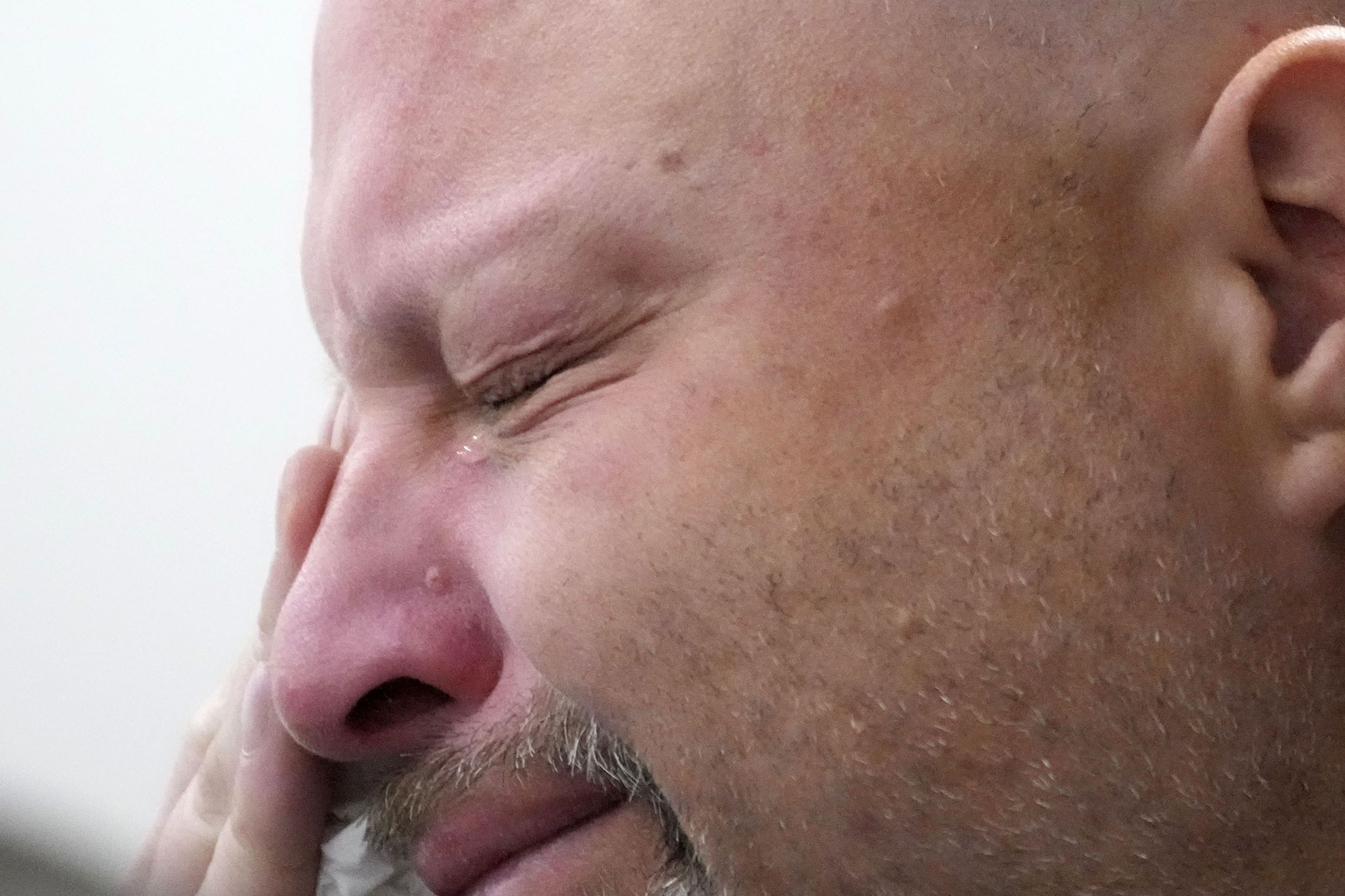
Sasha Catalan was a 17-year-old high school student who was marching with the Waukesha South High School band when she was struck by Brooks. She said since last year she has struggled to regain her footing in the world, often waking with nightmares and suffering with survivor’s guilt. She said she fought against physical weakness from her injuries and tries to hide her emotions from her family to save them from worry.
“My life has not been easy, and I have accepted that it won’t be normal as before,” she said. “I don’t know when the nightmares will go away, when I will be completely healed physically or emotionally, or (when I will stop) seeing my friends in the band scatter.”
Most of those who spoke made the same recommendation, asking that Waukesha County Judge Jennifer Dorow punish Brooks not only for his actions but for his lack of regard for victims at the trial.
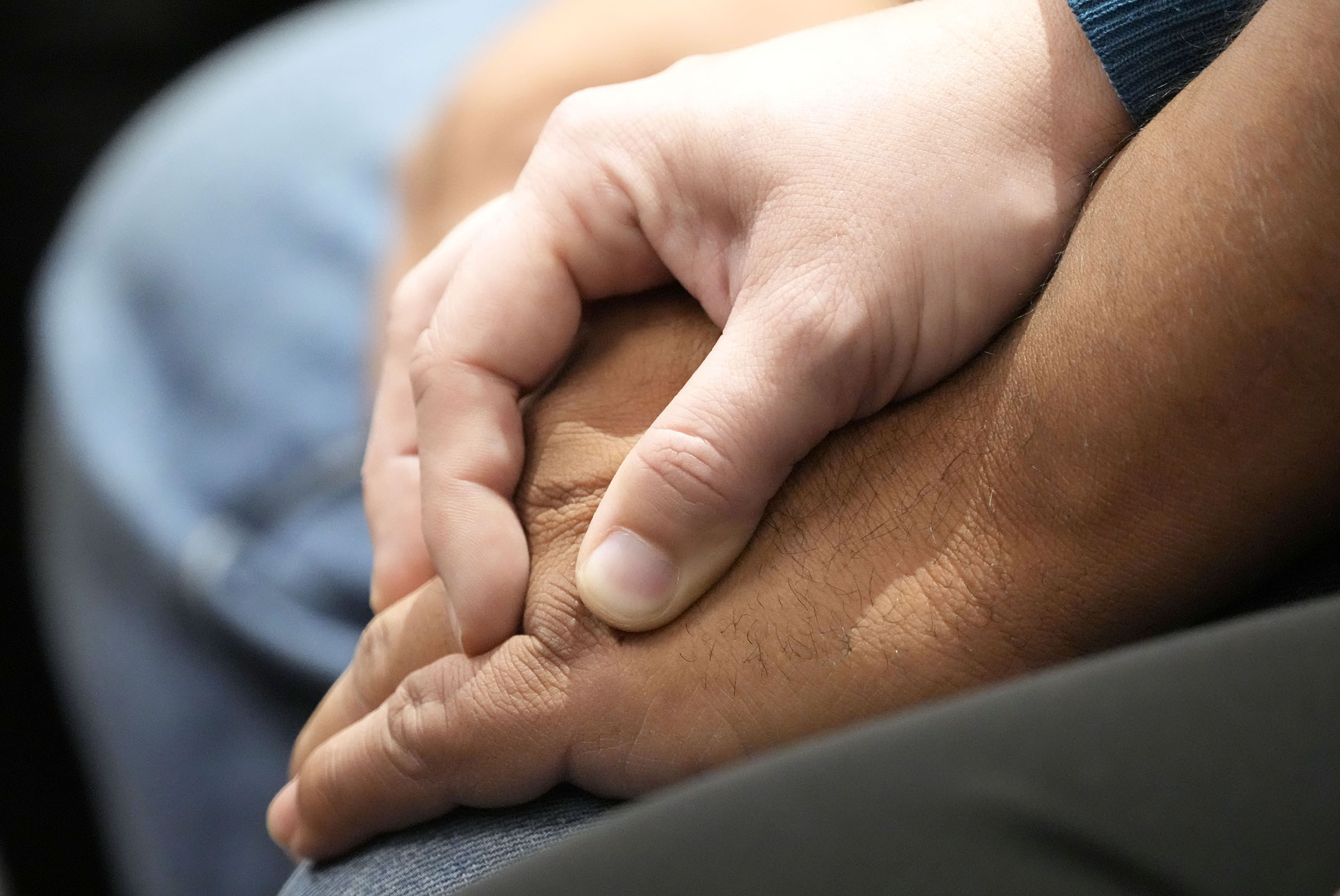
In Wisconsin, victims and their families are given the chance to make statements about the impact of a crime at sentencing hearings and to tell the judge their hopes for the sentence.
The judge will almost certainly sentence Brooks to spend the rest of his life in prison. Each of the convictions for first-degree intentional homicide carries a mandatory life sentence. The additional convictions on charges that include first-degree recklessly endangering safety carry the possibility of hundreds of additional years of prison time.
Dorow is scheduled to sentence Brooks on Wednesday afternoon. She may choose to add symbolic weight to her order by giving him consecutive life sentences for each of the homicide convictions, with additional sentences for each of the other charges.
At the end of the day Tuesday, Waukesha District Attorney Sue Opper called on Dorow to do just that. She called Brooks a lifelong criminal, and said his conduct during the trial showed contempt for his victims and for the justice system. “There is not one thing that mitigates this sentence, not one,” Opper said. “(His actions) warrant consecutive sentences stacked one on top of another just like he stacked his victims one on top of another.”
The hearing will is scheduled to resume at noon on Wednesday. Dorow said at that time three people expected to speak on Brooks’ behalf will address the court, followed by a statement from Brooks himself. The judge said she would then take a break to consider what she had heard before returning to court later in the afternoon to give her sentence.
Wisconsin Public Radio, © Copyright 2025, Board of Regents of the University of Wisconsin System and Wisconsin Educational Communications Board.

